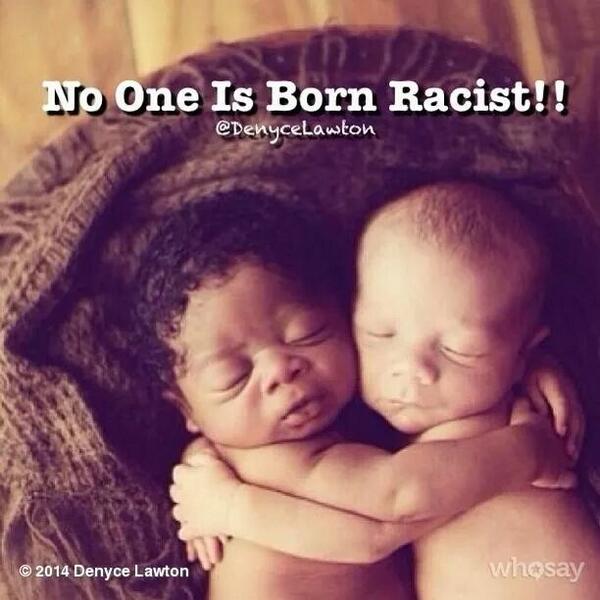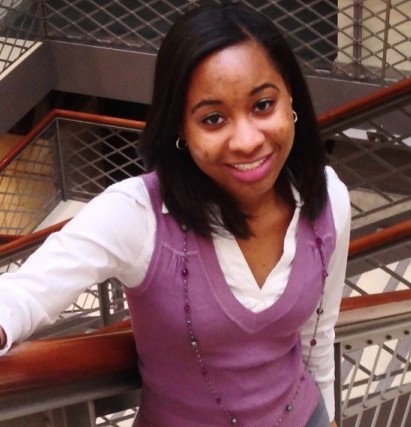As society progresses, racial acceptance should, too
Mar 2, 2015
Memes and pictures have really taken a front seat on social media, especially when it comes to issues in society that we face as a nation. Racial acceptance and inclusion, is one of those goals that we are still trying to reach in this country. Which is interesting because…

Growing up, I attended predominately white schools. It was a challenge in elementary school, especially because I was one of a few black students in my class. I was different from the majority, so there were many questions about my hair, my family, where I lived, and some comments on who I am. I witnessed other students of color that faced some of the same issues as I did. However, I was blessed to find those classmates who did not treat me differently because of my racial identity.
I remember taking a race and ethnicity class in college. Centuries ago, when the first dark-skinned people arrived in what we now know as the United States of America, race was not an issue. The first non-white people, besides Native Americans, were treated with respect and actually owned land. That is until someone had to do the hard labor and skin color ended up being the deciding factor. This led to finding ways to establish a person’s status by color and importing workers due to their skin tone. Fast forward hundreds of years, we have this socially constructed element called race that keeps changing over time.
Some may not see race as a continual issue in our society and some may say that these issues were solved during the civil rights era, but in actuality, there is still work to be done. There is still work to be done in the areas of having conversations, understanding one another, respecting one another and figuring out how we can continue to grow together in this country.
As we have witnessed from the situations in the St. Louis region stemming from events in Ferguson in the latter part of last year, we now know that race happens to be the beginning of many different issues that we have had in our society. The most rewarding revelation out of those events is seeing the region react. As a population, we want to develop better solutions for the betterment of our communities.
I am excited that I get to help facilitate open environments for St. Louis citizens to have conversations about issues that affect who each and every one of us are as an individual. I am more excited to get the chance to speak with youth and hear their perceptions and ideas around the important conversations in our community. The St. Louis youth are the future of this region and our society dictates what they may face down the road. Their voices and opinions are just as important during the conversations that our communities have around the aftermath of Ferguson events.
When I think of diversity, my mind associates the term with race due to my experiences in life, though I know there are many elements that make a group of people diverse. Of course the topic of diversity covers more than race. Age, gender, sexual orientation, religion, disability, culture, ethnicity; the list is not limited. These are topics of conversations that I am also interested in. I am excited to facilitate those dialogues as a member of DAP. My position is special here because it will focus on another realm of conversation. I will be working toward finding the best ways to engage friends, followers, and youth through social media and in person in many of the conversations that the community is having around diversity and inclusion. This journey will be eye opening, enjoyable and challenging at times, but our job here at DAP is to allow those processes to happen in order to help our communities progress. I’m ready for it!

Jasmine Brown, Communications and Outreach Coordinator
- « Previous Post: My Journey in Diversity: Justin Raymundo, Program Manager
- » Next Post: Interfaith Dialogues Challenge Bias and Foster Respect